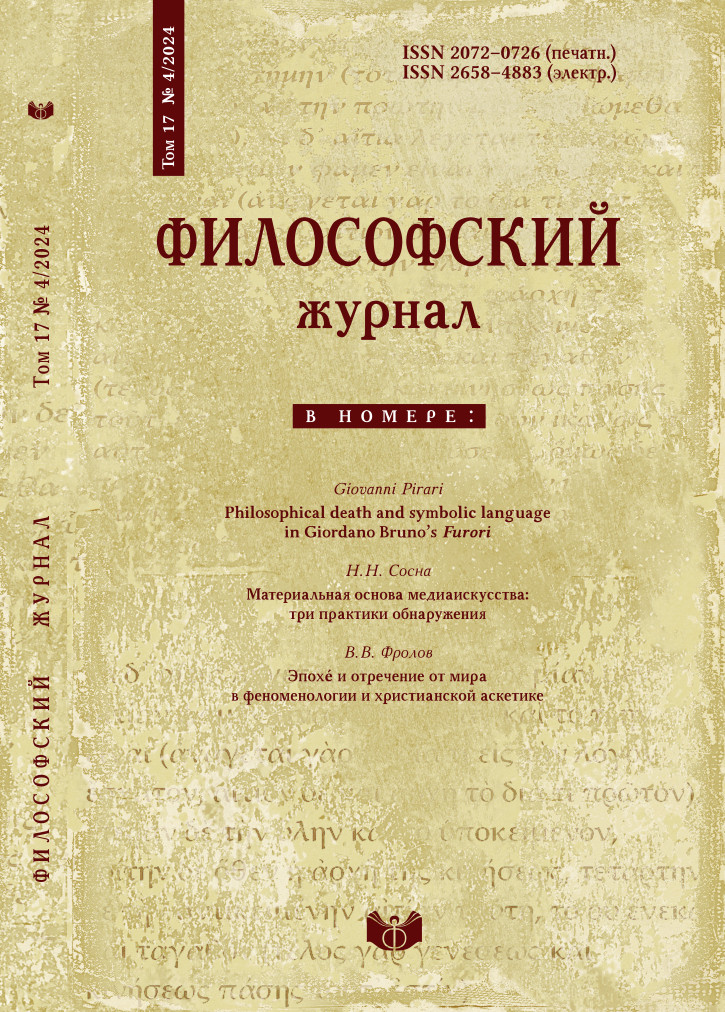Taxonomies and scientific communications: a sociocultural approach to scientific classifications
DOI:
https://doi.org/10.21146/2072-0726-2024-17-4-144-156Keywords:
taxonomies, scientific communications, post-normal science, social epistemology, science and societyAbstract
The idea that there are objective natural species in nature has a long history and continues to be widely accepted. This approach assumes that science directly describes the world by formulating laws of nature based solely on empirical data. However, there are methodological and practical contradictions in the process of constructing taxonomies, such as the impossibility of choosing a single classification criterion or establishing boundaries between taxonomic classes. These issues can be resolved by understanding taxonomies from a communicative and socio-cultural perspective. Taxonomies are fundamental to scientific research, but their development may depend not only on scientific factors but also on societal relevance and interest. Principles based on rigorous methods and experimental practices, which ensure consistency and accuracy in biological and linguistic classification, remain at the heart of taxonomical work. But at the same time, the collaborative processes of developing and applying scientific knowledge, which are characteristic of post-normal science, allow us to make scientifically sound decisions in situations of high risk and uncertainty. External stakeholders are involved in the internal scientific processes and the decision-making process regarding the direction of scientific research. The article, in the form of case studies, using examples such as classifications of pathogen vectors of zoonotic diseases and malaria mosquitoes, and language classification, shows how the structure of science is changing, with external scientific communication, becoming an integral part of the research process. Taxonomic systems are no longer just a card-index, but become a platform for interaction between scientific, social, and linguistic factors, balancing the ideals of classical science with its applicability in the real world.






